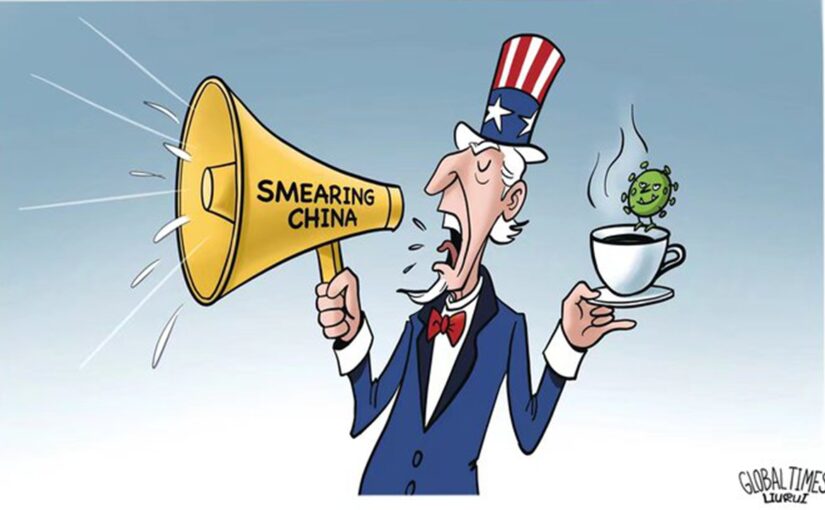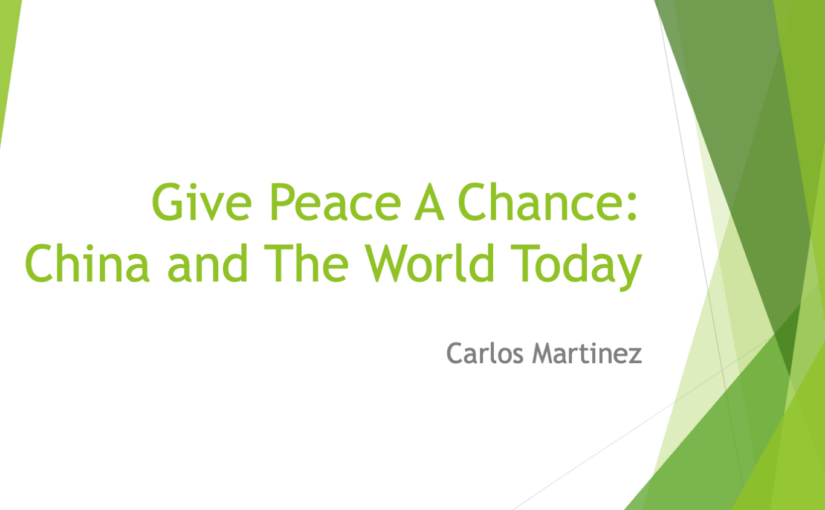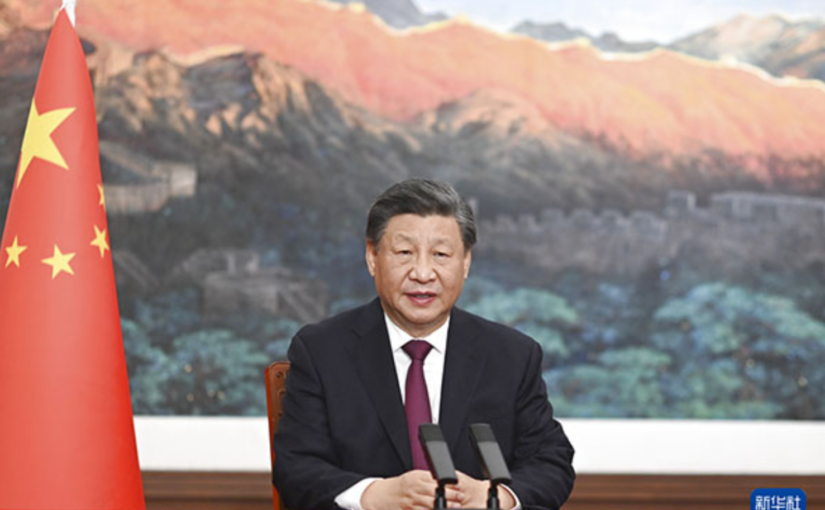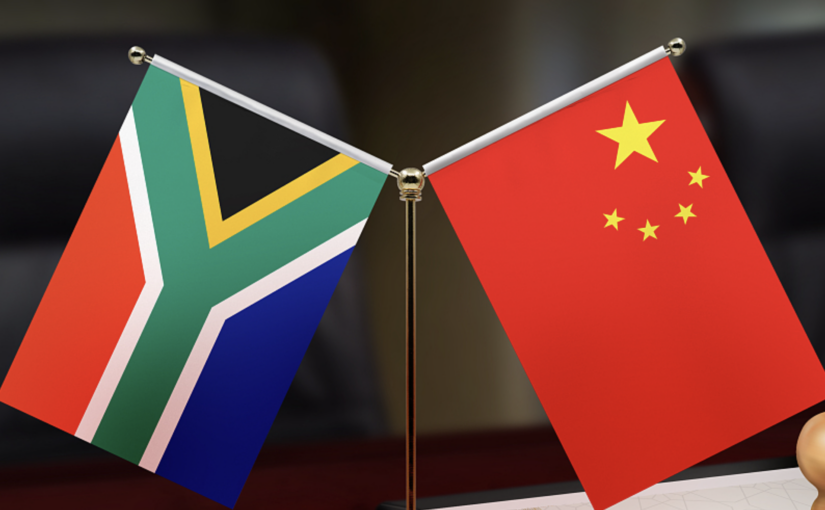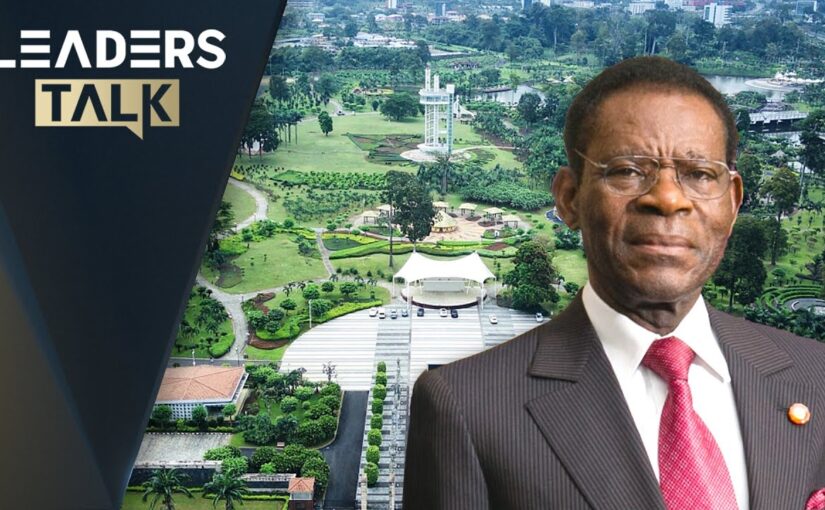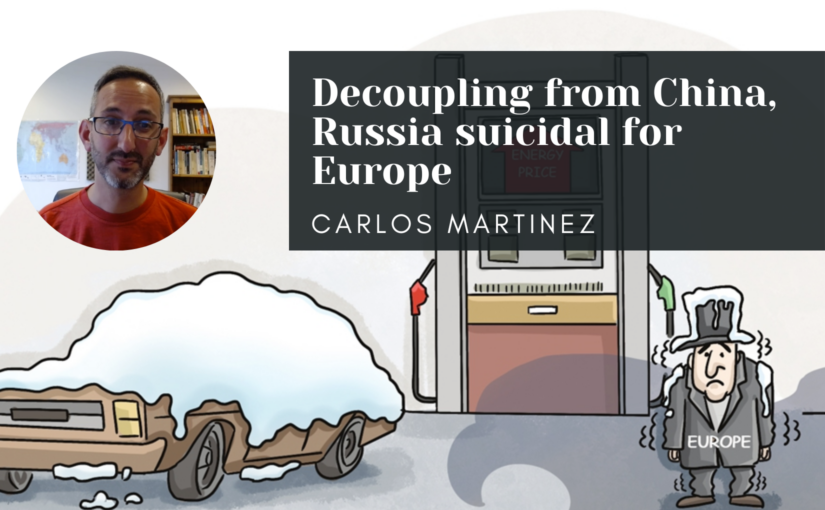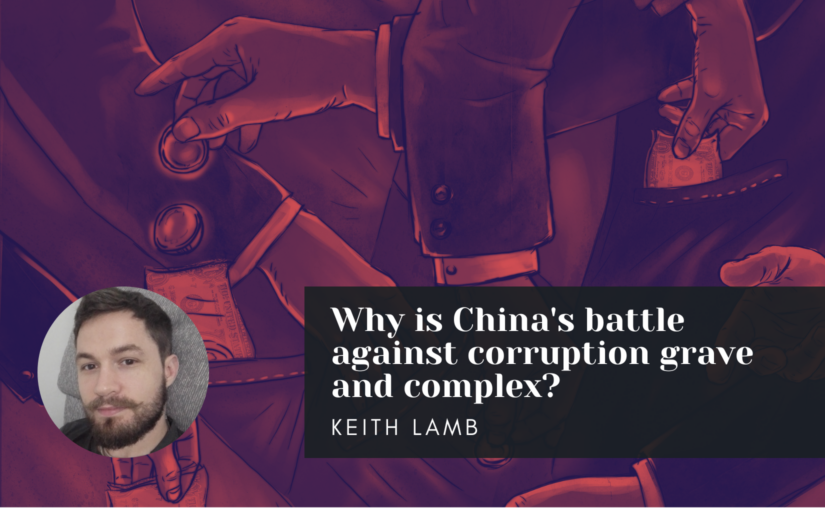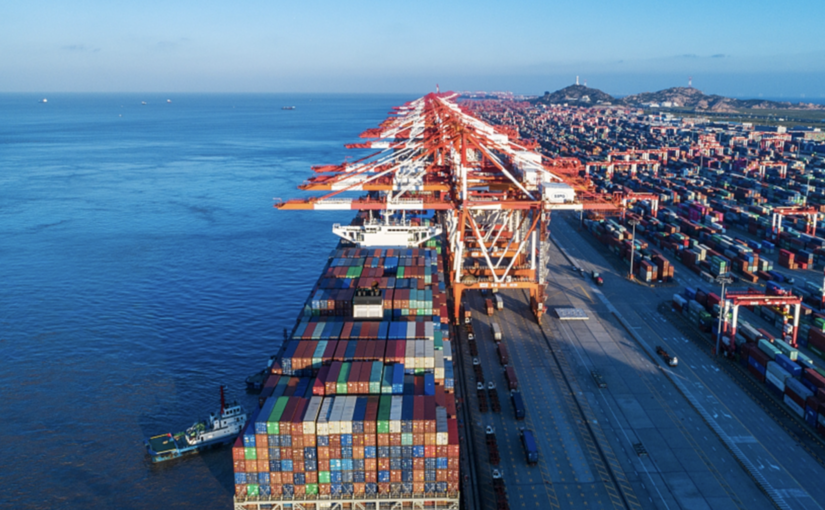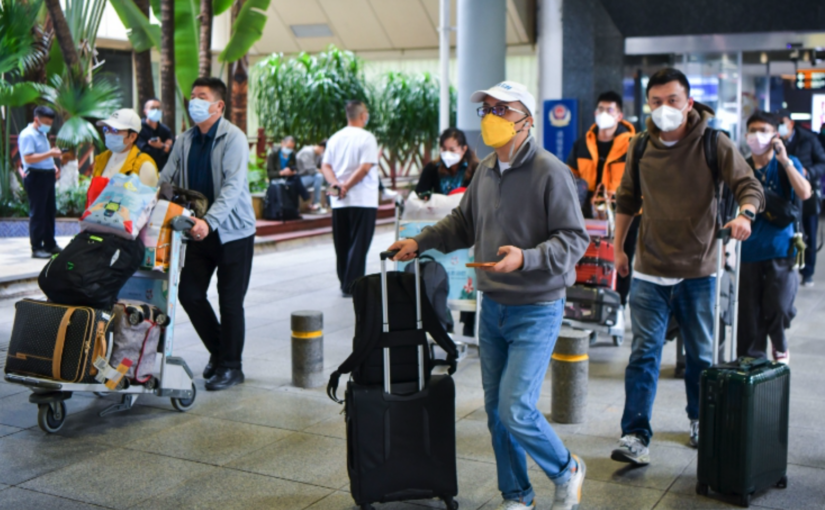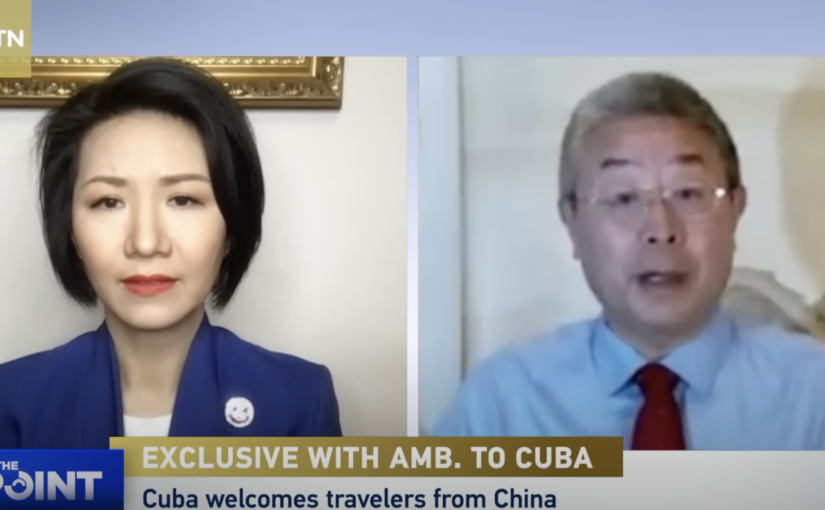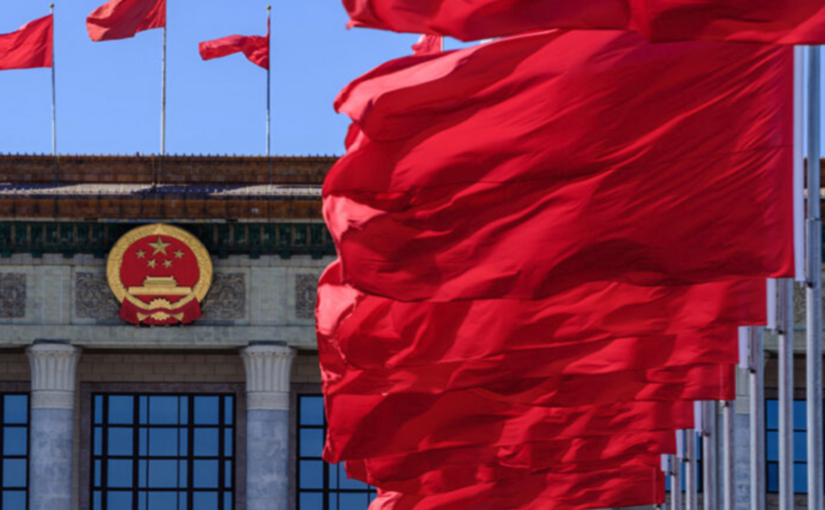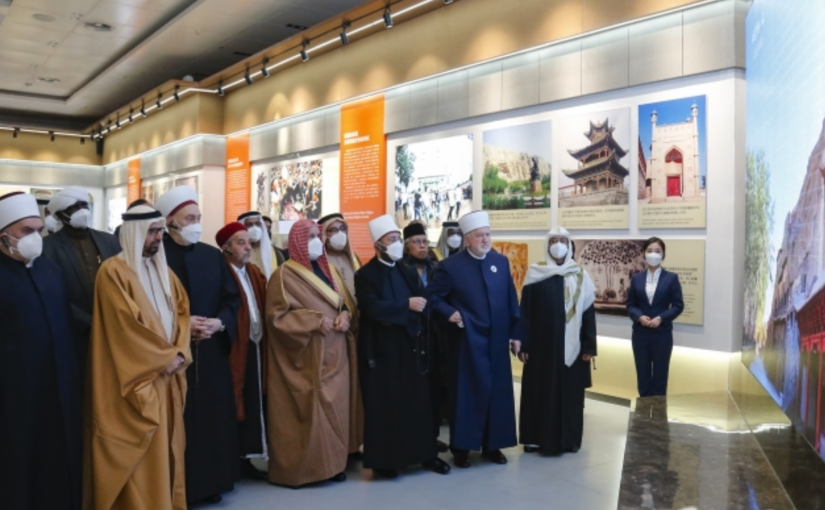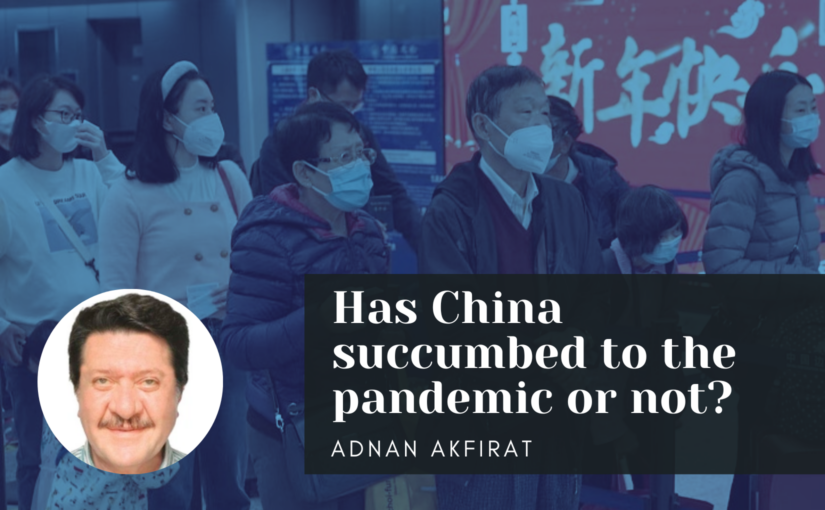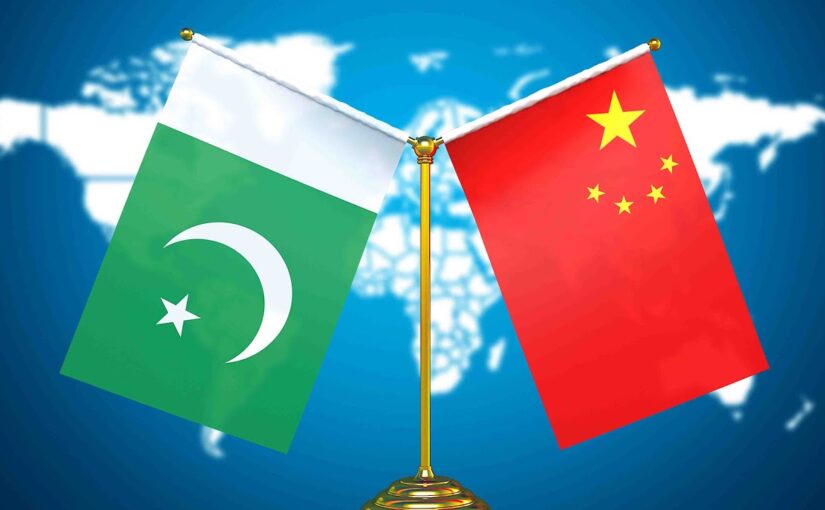We are very pleased to republish this important and informative interview with Wu Rong-yuan, Chairperson of the Labour Party of Taiwan, the island’s main left-wing political party.
Wu explains that the Labour Party was founded in March 1989 by three groups of people: veteran political prisoners from the martial law period who had persisted in the struggle through long years of incarceration; progressive intellectuals who had grouped around journals published in the 1970s and 1980s; and some leaders of the ongoing labour and social movements. Through this regroupment, the party saw itself as re-uniting the labour movement with the movement for the reunification of China.
Reflecting on his own experience as a student in the 1970s, Wu explains that he and his contemporaries had a strong Chinese national identity, but began to question its representation by the contemporary Kuomintang (then the ruling party on the island), being inspired instead by the more pro-socialist orientation of its founder Dr Sun Yat-sen, along with the student movements in Japan, Europe and North America and the struggle against the Vietnam War and for African-American civil rights. “My personal political views didn’t stop at criticising capitalism and advocating anti-imperialism but were also characterised by a strong identification with our motherland.”
As a result, he was arrested and sentenced to death. This was later commuted to life imprisonment and then to 15 years. It was in prison “that I met many renowned political prisoners who, despite having been imprisoned for almost 20 years, were not demoralised. They were still in high spirits.” In words that will resonate with revolutionaries from Ireland to South Africa, and from Chile to Palestine, he quotes Lin Shu-yang, who was the honorary chairman of the party until his death in 2012, and who was imprisoned for 34 years and seven months: “Prison is a school for revolutionaries, so we must stick to our principles and maintain our fighting spirit.”
“Lin once said that when looking at the Taiwan issue from the historical perspective, the complete unification of the country would complete the liberation movement of the entire Chinese nation. This is the continuation of the anti-imperialist, anti-feudal, and anti-colonial Chinese national liberation movement that goes back to the 19th century.”
Responding to a question as to what kind of party the Labour Party is, Wu explains: “Since its founding, the Labour Party has represented the interests of the working class in Taiwan. Therefore, we have been fully involved as a political party in the Taiwan workers’ movement, the movement against imperialist domination and interference, and the movement for reunification…
“In the Labour Party of Taiwan’s analysis of the social and economic situation in Taiwan at the current historical stage, the contradiction between unification and independence is the main contradiction in Taiwan’s society, while the contradiction between the working class and the bourgeoisie is the basic contradiction. The Labour Party has always adhered to the One China principle… The main contradiction has not changed regardless of which political party has been in power in Taiwan.”
The interview also addresses how the Labour Party sees the present war in Ukraine, and Wu Rong-yuan notes: “We believe that the Russian-Ukrainian War was caused by the expansion of the US-led NATO military alliance to the east. However, we oppose the use of war as a means of resolving this dispute and we call on both sides to sit down for negotiations and talk. It is now clear that this is a proxy war, and Ukraine is just cannon fodder for Washington.”
However, the situation is different from that of Taiwan: “Taiwan is not Ukraine, because Taiwan is a part of China. Taiwan and the Chinese mainland are one country. It is an internal political issue.”
Wu links last summer’s provocative visit to Taiwan by US House Speaker Nancy Pelosi to a renewed wave of repression on the island, including tightening so-called ‘national security’ legislation and cooking up supposed ‘espionage’ incidents, whose targets have included mainland students, retired military personnel, Hong Kong businesspeople and political figures advocating reunification.
The interview was conducted by Wim De Ceukelaire of Belgium’s Médecine pour le Peuple and was previously published in English on the website of No Cold War.
In the West, very little is known about the politics and history of Taiwan. Some will remember the island was ruled by the Kuomintang dictatorship for decades during the latter half of the 20th century. Others will know that, since becoming a presidential democracy in the 1990s, the island has had a two-party system with the Kuomintang and the Democratic Progressive Party (DPP) as the main political parties. Few will know of your party, the Labour Party of Taiwan. Can you tell us about its history?
Wu Rong-yuan: The Labour Party of Taiwan was founded in March 1989 by three groups of people. First, the veteran political prisoners of the martial law period in Taiwan who persisted in their struggle while they were imprisoned for a long time. Second, a collection of progressive intellectuals who were united by the well-known magazine “China Tide” (夏潮) in the 1970s and the equally prominent publication “The Human World” (人間) in the 1980s, including Chen Ying-zhen (陳映真), Su Qing-li (蘇慶黎), Wang Li-xia (汪立峽), and others. Third, there were some leaders of the labour and social movements at that time, such as Luo Mei-wen (羅美文) (now a member of the Hsinchu County Council), Ngan Kun-chuan (顏坤泉), and others.
The establishment of the Labour Party of Taiwan initiated the third period in the history of the Left in Taiwan. The first period, from the early 1920s to 1931, was defined by the resistance against the Japanese Empire’s colonial rule;[i] the second period, from 1945 to the 1950s, was marked by the participation of the “Old Classmates” in the New Democratic Revolution[ii] in Taiwan; and the third period, from 1988 onwards,[iii] has been characterised by the re-uniting the labour movement with the movement for the reunification of China. Therefore, we can say that the Labour Party of Taiwan has inherited the history of the left-wing movement of the Taiwanese people since the 1920s, and has continued the history of its patriotic anti-imperialist and unification movement, which was interrupted for nearly 40 years due to the so-called “White Terror”.
Every fall, the Labour Party of Taiwan and many pro-unification groups pay tribute to the victims who died during the “White Terror” in Taipei City. Can you tell us more about what happened to them?
Wu Rong-yuan: My heart is heavy when I talk about this historical tragedy. Most of the victims of the White Terror in Taiwan during the 1950s were local patriotic progressives. Thousands were killed and at least 140,000 were imprisoned in harsh conditions.
During Taiwan’s martial law, the former political prisoners linked up across the island after their release from prison through mutual aid associations. Immediately after the lifting of martial law in October 1987, the Taiwan Political Prisoners’ Mutual Aid Association was established and in March of the following year, Lin Shu-Yang (林書揚), the longest-serving political prisoner in Taiwan, was elected chairperson. They called each other “Old Classmates” and worked hard to continue the tradition of the anti-imperialist patriotic movement of the Taiwanese people.
These “Old Classmates” had been eyewitnesses to Japanese colonial domination and to the civil war between the Communist Party of China and the Kuomintang. After the lifting of martial law, they laid the basis for a number of unification organisations, including the Labour Party of Taiwan.
Continue reading Stop US interference: Interview with the Labour Party of Taiwan
